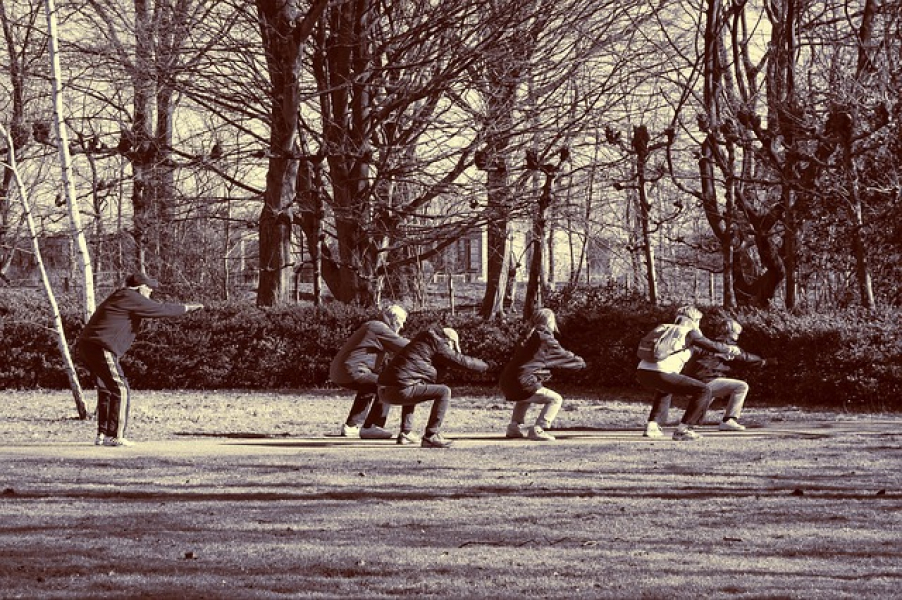Keeping bodies healthy: Exercise and dementia
Exercise is crucial to reduce stress, boost the immune system and your mood. It also increases levels of energy.
In this article, we shall take a look at exercise and dementia. One of the key benefits with regards to dementia is that it actually increases the amount of grey matter you have in your brain. Taking exercise, especially in middle age can help to reduce the risk of dementia. Exercise helps to protect your brain, and slows the decline and lightens risk of mini strokes that can lead to vascular dementia.
Exercises for people with dementia to avoid
Any form of exercise/sport that involves potential blows to the head should be avoided. The obvious one of boxing, but it should also be pointed out that playing football and ‘heading’ a heavy ball can be associated with higher risk of injury to the brain. Any sport or exercise that has the potential for brain injury needs to be taken seriously, so if you are cycling, wear a helmet.
Cardiovascular exercise is often deemed the most effective, as this increases oxygen and blood flow to the brain in larger quantities, so running, cycling and the likes of rowing are really beneficial.
Exercising and dementia
There are some exercises that people with dementia should do to help with the condition. The higher levels of fitness and proficiency when it comes to exercise that focus on balance and coordination will help with regards to rate of deterioration.
Balance & Coordination - these exercises are great for older people, especially in helping to avoid falls that could lead to hospital admission.
Yoga and t’ai chi work well for dementia patients. Vascular dementia sufferers often experience issues with walking and balance earlier than other forms of dementia such as Alzheimers.
Don’t take it too seriously
You don’t need to be going to the gym on your own and working out for hours, ending up in a sweaty heap on the floor after an hour. In fact, overdoing exercise can lead to negative consequences! Half an hour everyday for five days a week will be adequate and the best way to make sure you accomplish this is to socialise at the same time. Find a walking partner, whether a relative or a friend, or maybe a dancing partner. Gardening is another great example. It doesn’t have to be “No pain, no gain!”
Obesity & Blood Pressure
A lack of exercise, coupled with other factors such as poor diet, can lead to increased blood pressure which in turn increases the risk of dementia. It has been reported that as many as half of the cases of vascular dementia occurs in people with high blood pressure. This shows the importance of keeping active to manage blood pressure. Taking blood pressure tablets has been shown to reduce the risk, but this should be done in conjunction with exercise and other activities, not as a sole solution.
As exercise is also needed to make sure that people can keep a tighter control on their weight, being obese. Like with blood pressure problems, being significantly overweight can increase a person’s likelihood of getting dementia.
Keep Fit, be Happy
Exercise will reduce the chances of dementia occuring, and it will really help reduce the rate of deterioration in people with dementia. As highlighted, it doesn’t have to painful, half an hour each day doing something active that gets the blood flowing, the heart rate up, and more oxygen being consumed by the brian. Make it a social thing and have fun!
And remember, it’s not all about Exercise
Exercise alone will not solve all of the problems, and it needs to be accompanied with other behaviours that will contribute towards a more positive outcome in combatting the effects of dementia, or reducing the risk of getting it.
We talk more in other blogs about ‘Diet / Sleep / Stress Management which are also useful as a combined effort alongside exercise to help tackle dementia. Take a look at our Knowledge Base and search by subject/area for more details and advice for dementia care for your loved one.







